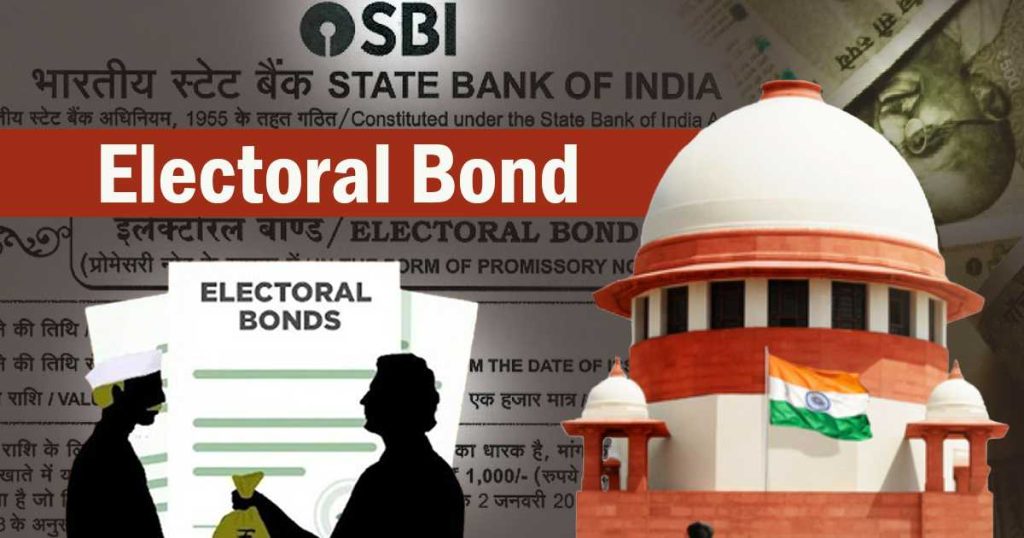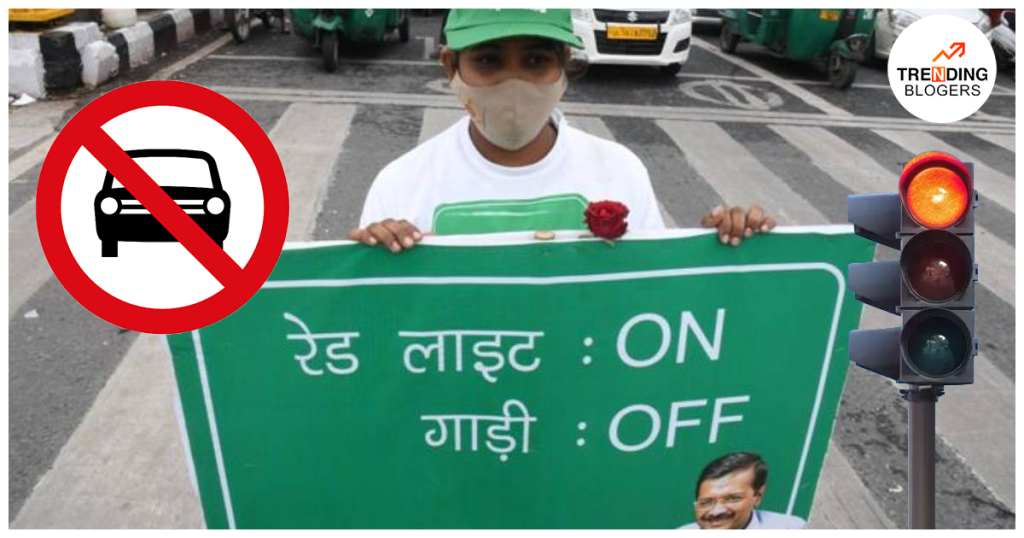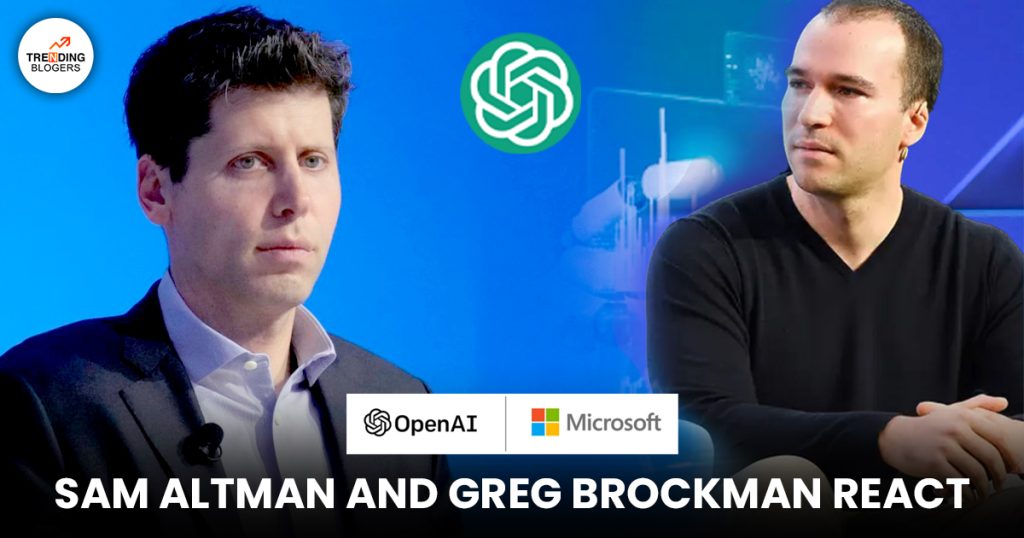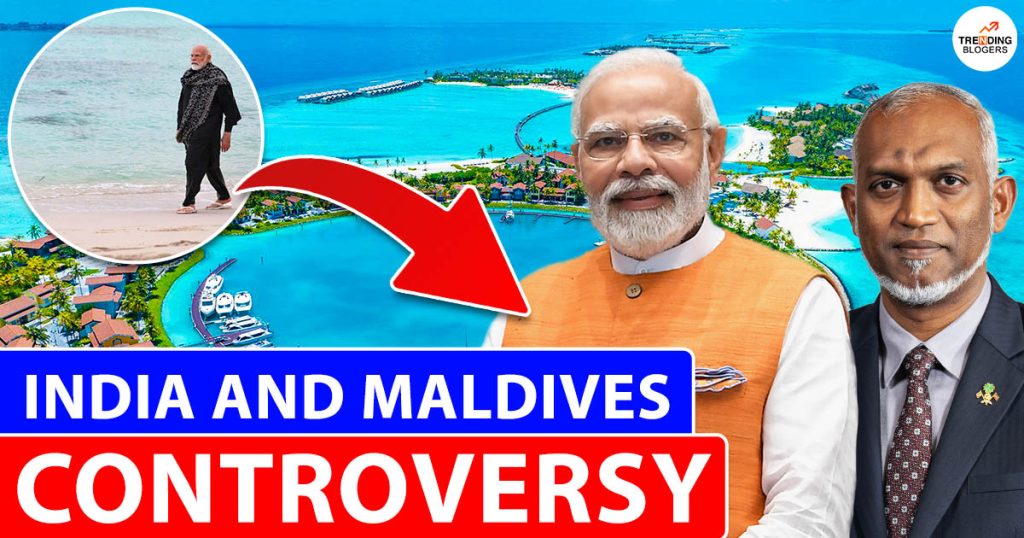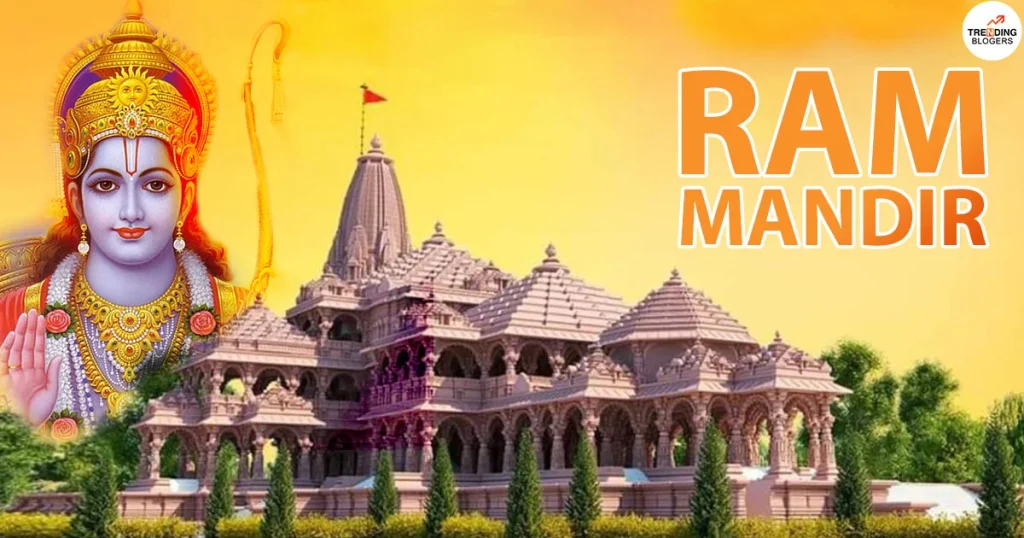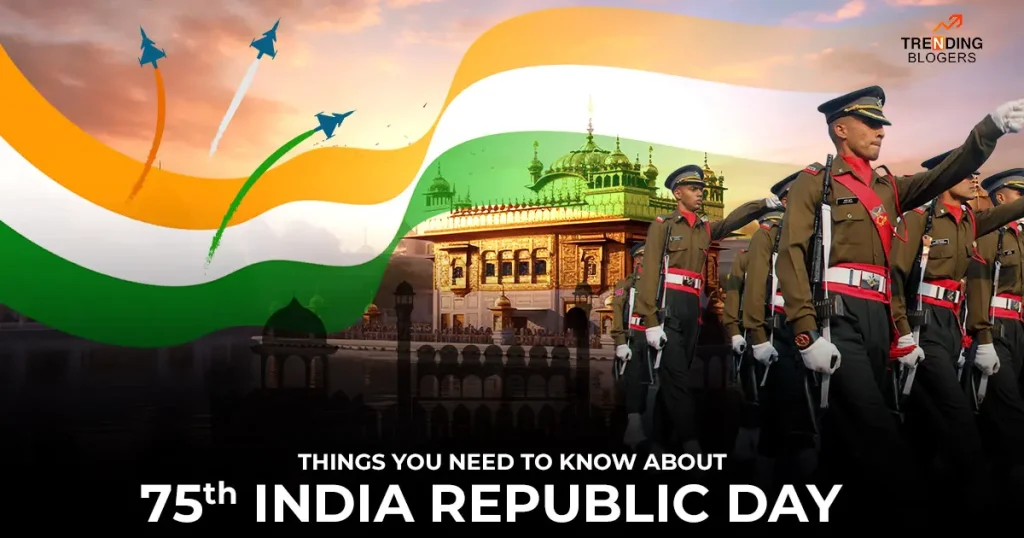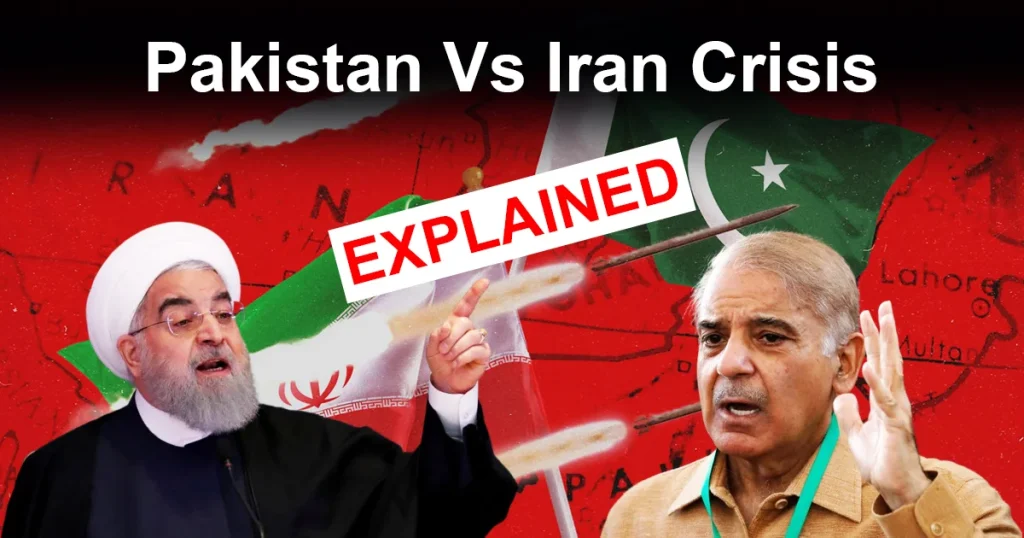For years, elections were corrupt because of the use of “black money”. This gave a secret way to utilize the black money and give financial power to parties. To stop this and bring transparency, Electoral Bonds came in.
However, even after this, many anonymous bonds were bought worth 165.18 billion rupees ($1.99bn) till November 2023, and no watchdog was employed till then.
What are Electoral Bonds In India?
Being a socialist secular democratic republic, India strives for transparency. Electoral bonds were one of the great steps towards reducing corruption and bringing accountability in political funding that was introduced in 2018 by Prime Minister Narendra Modi.
Electoral Bonds were a mode of funding for political parties in India, introduced in the Union Budget 2017-18. However, many critics opposed it and took it to the Supreme Court which struck down this scheme as unconstitutional and a “distortion of democracy” on 15th February 2024.
How do Electoral Bonds Work?
Electoral Bonds work in a specific way in the denominations of ₹1,000, ₹10,000, ₹1,00,000, ₹10,00,000, and ₹1,00,00,000. Specified branches of the State Bank of India (SBI) can only be used to buy these bonds and were redeemable only by registered political parties, subject to specific eligibility criteria.
Some of the key elements of bonds:-
- Anonymous Transactions: Individuals or entities could buy Electoral Bonds anonymously through Know Your Customer (KYC)—compliant transactions.
- Donation Process: The bonds were donated to eligible political parties within 15 days. After receiving the bonds, political parties deposit them into their bank accounts, and the corresponding amount will be credited.
- Lack of Regulation: The scheme needed proper regulations on how political parties could utilize the funds, leading to a lack of accountability.
- Impact on Smaller Parties: Smaller parties had very limited funding
Supreme Court Verdict
In its landmark verdict on Thursday, a five-judge constitution bench gave the verdict that electoral bonds violate various citizens’ rights. It was against the right to access information held by the government.
The bench of supreme court judges (including Chief Justice of India DY Chandrachud) made an important statement. The law of Right to Information (RTI) is “not confined to state affairs but also includes information necessary for participatory democracy”.
Additionally, they added, “Political parties are relevant units in the electoral process and information about the funding of political parties is essential for electoral choices”.
Not only that, the verdict stated that the center-run State Bank of India (SBI) will not issue any electoral bonds. This bond was not the only step towards eliminating corruption and black money. The government needs to suggest other such schemes that may help fight corruption from its core.
Some of the reasons for scraping electoral bonds
- Violation of the Right to Information: The scheme violated the right to information- Article 19(1)(a) of the Constitution.
- Challenge of Finance Regulations: The Court highlighted the challenges of existing campaign finance regulations, undermining the fairness of the electoral process.
- Undue Influence of Money Power: The court expressed concerns about the undue influence of money power in elections, emphasizing the need for a more transparent and equitable system.
SBI Sends Electoral Bonds Details to Election Commission
The State Bank of India (SBI) complied with a Supreme Court order by submitting electoral bond data to the Election Commission of India (EC) on March 12, covering purchases and encashments since April 12, 2019.
The Election Commission posted on X,
“In compliance of the Hon’ble Supreme Court’s directions to the SBI, contained in its order dated Feb 15 and March 11, 2024 (in the matter of WPC NO.880 of 2017), data on electoral bonds has been supplied by the State Bank of India to the Election Commission of India, today, March 12, 2024.”
The submission followed the court’s dismissal of an SBI plea for a June 30 deadline extension. The court directed the EC to publish the data by March 15. SBI’s request for an extension was based on needing time to match bond buyers with encashing parties, which the court deemed unnecessary as purchaser, denomination, and redemption information were readily available.
Electoral bonds, introduced in March 2018, amounted to ₹16,518 crore over 30 tranches. Pre-2019 data will also be uploaded in phases by March 15. Electoral bonds function as bearer instruments, lacking buyer information, and must be redeemed by political parties within 15 days.
The Supreme Court’s insistence on transparency reflects ongoing scrutiny over electoral funding mechanisms, particularly regarding the anonymity of donors and their potential impact on political accountability.
Arvind Kejriwal Arrest LIVE Updates:
On Thursday, March 21st, 2024, Delhi Chief Minister Arvind Kejriwal was arrested by the Enforcement Directorate, which claimed that “Arvind Kejriwal was a key conspirator in liquor scam along with other ministers and leaders of the AAP.”
Allegedly, Kejriwal acted as the middleman in the liquor scam and got crores as kickbacks from the ‘South group” for bringing in the Delhi excise policy. SV Raju, the Additional Solicitor General (ASG), stated, “He demanded ₹100 crore from some South group accused of contesting the Punjab elections”.
APP leader Atishi says, “Arvind Kejriwal is and will remain the Chief Minister of Delhi… there are no two ways about it.”.
He was summoned nine times but refused to appear and called it illegal. After his arrest on Wednesday, he was produced in the Delhi Rouse Avenue Court.
On 22nd March, a unique three-judge bench in the Supreme Court sat to hear the case. Meanwhile, CM Arvind Kejriwal withdrew the petition against the ED. However, The Enforcement Directorate appealed for 10 days of custody for Arvind Kejriwal.
Current Status
Following the Supreme Court’s verdict, the Electoral Bonds scheme is no longer operational. The future of political party funding in India remains uncertain, with ongoing discussions about potential reforms and alternative mechanisms.
Also Read About: Everything About Farmer Protest 2024

